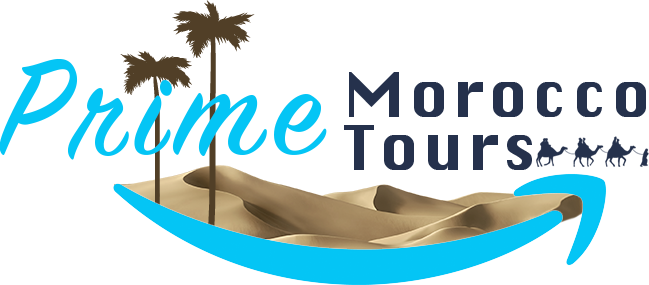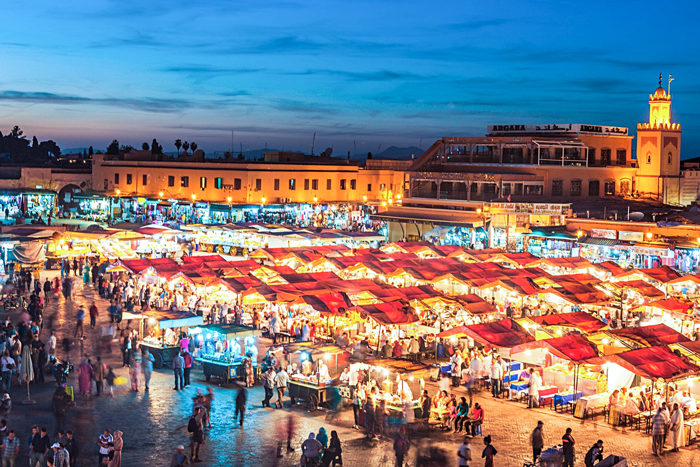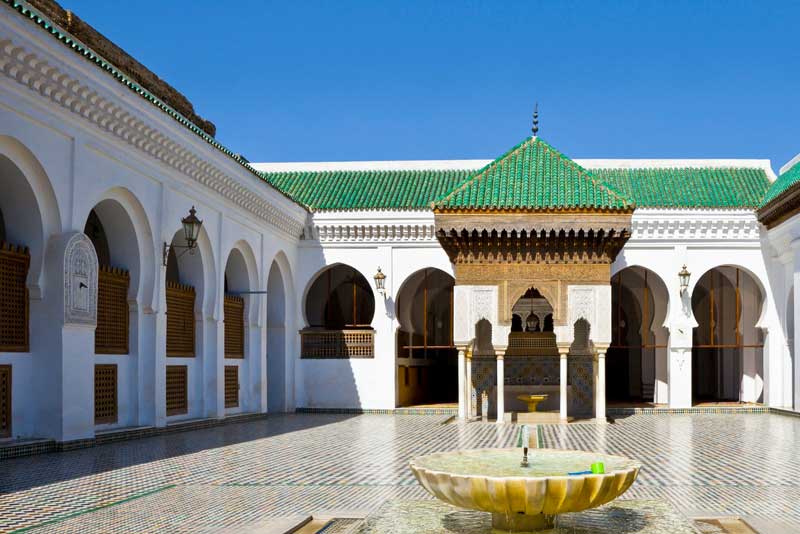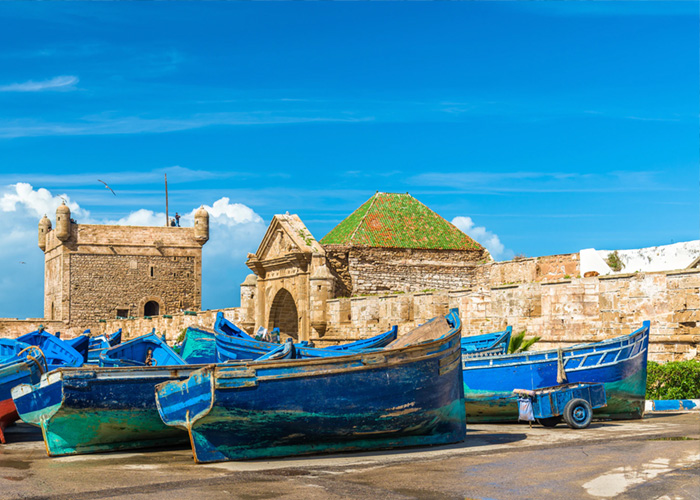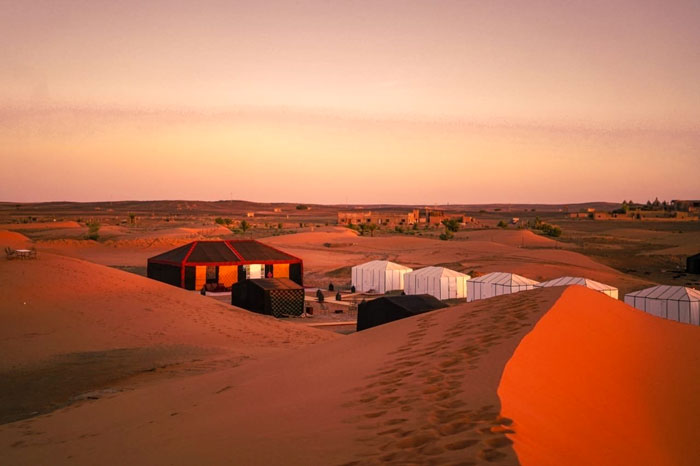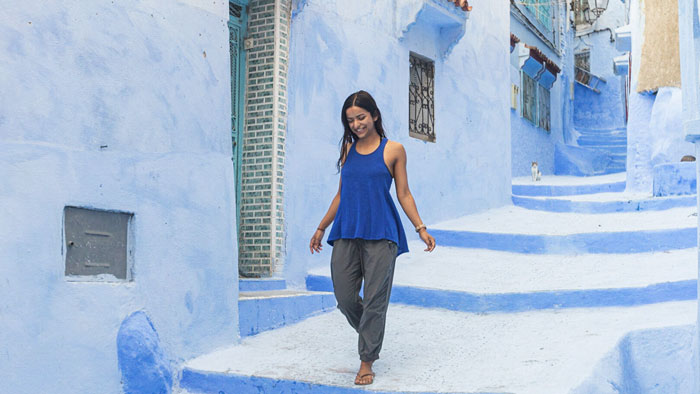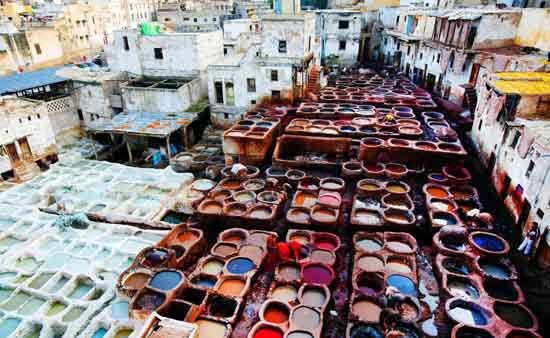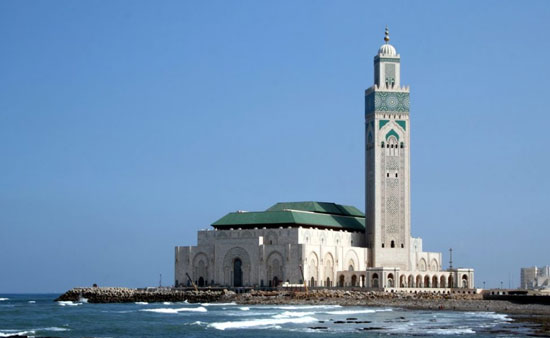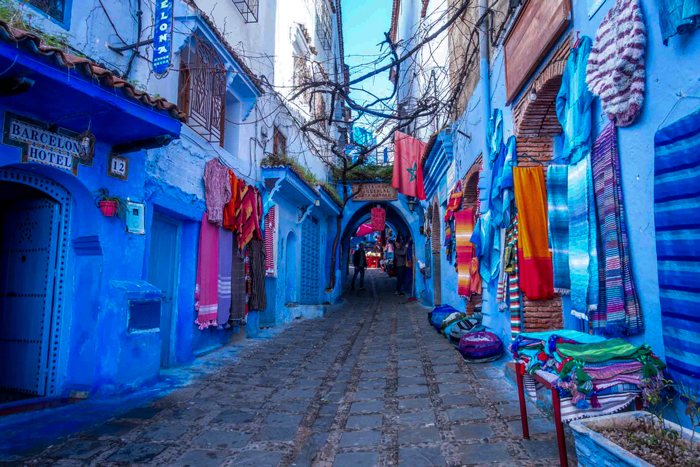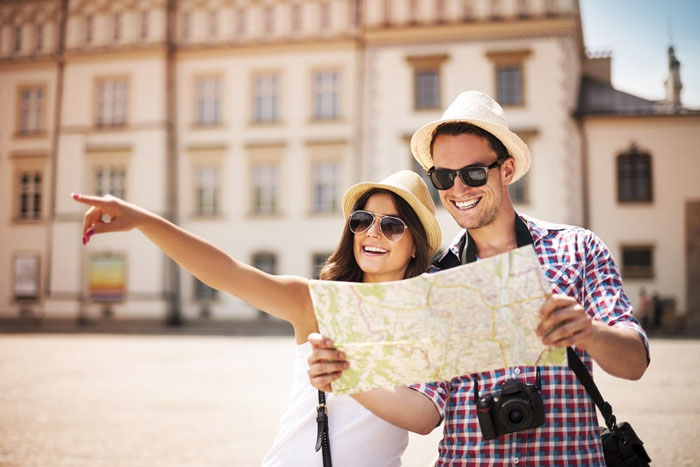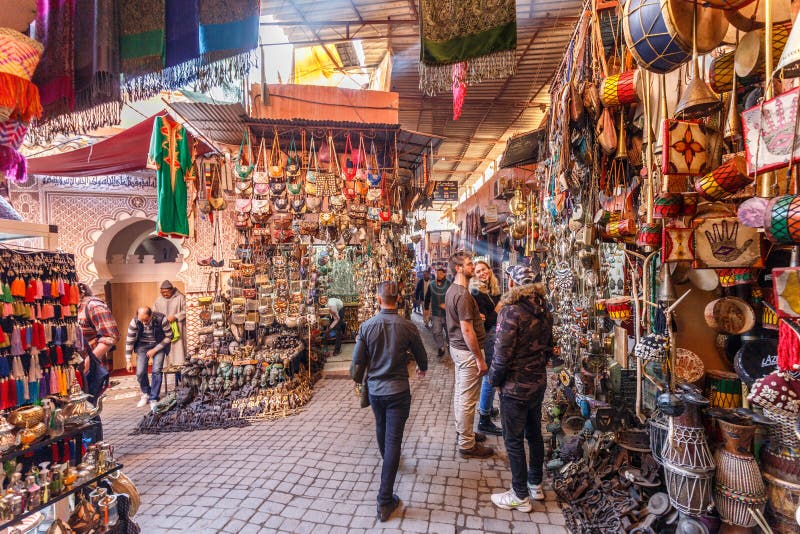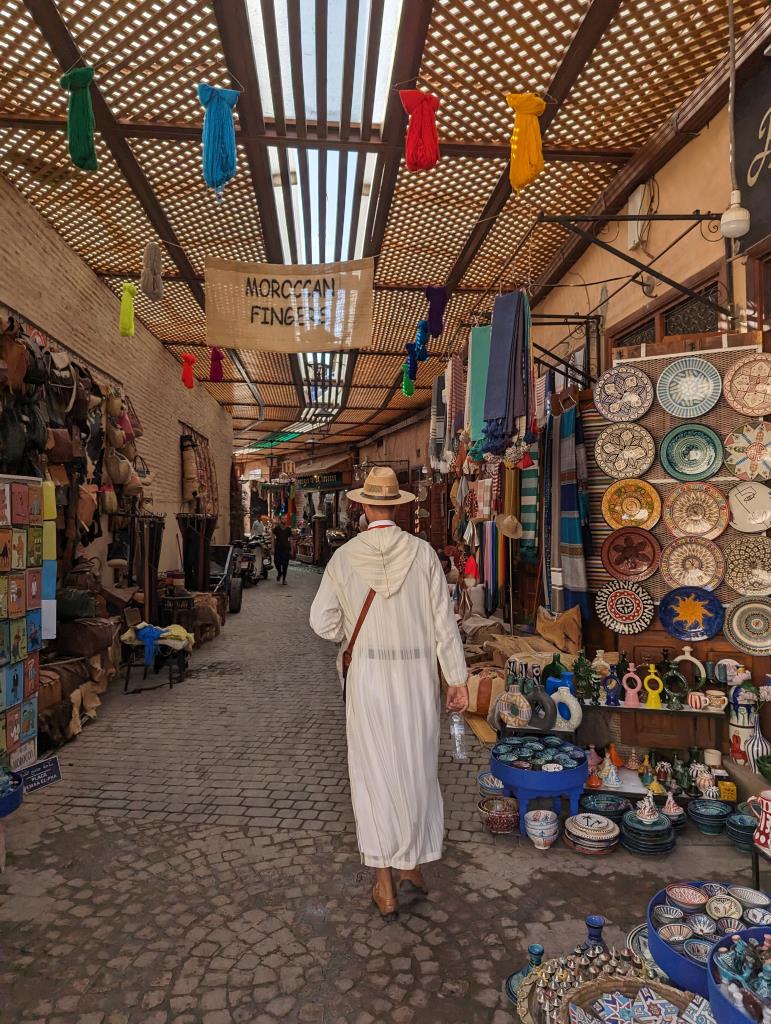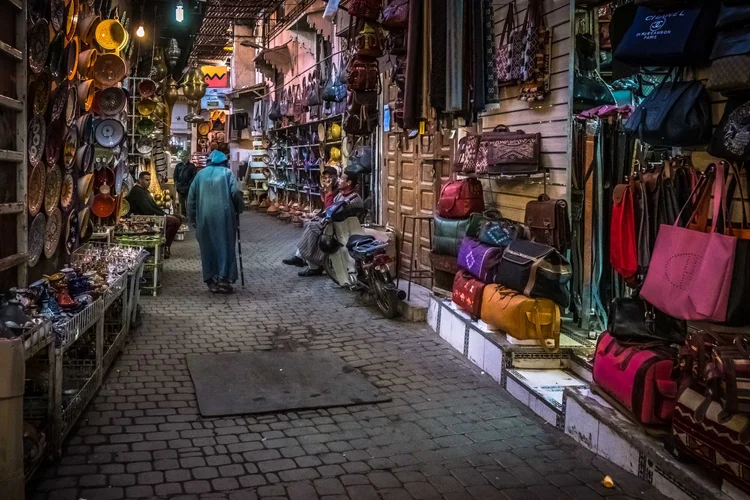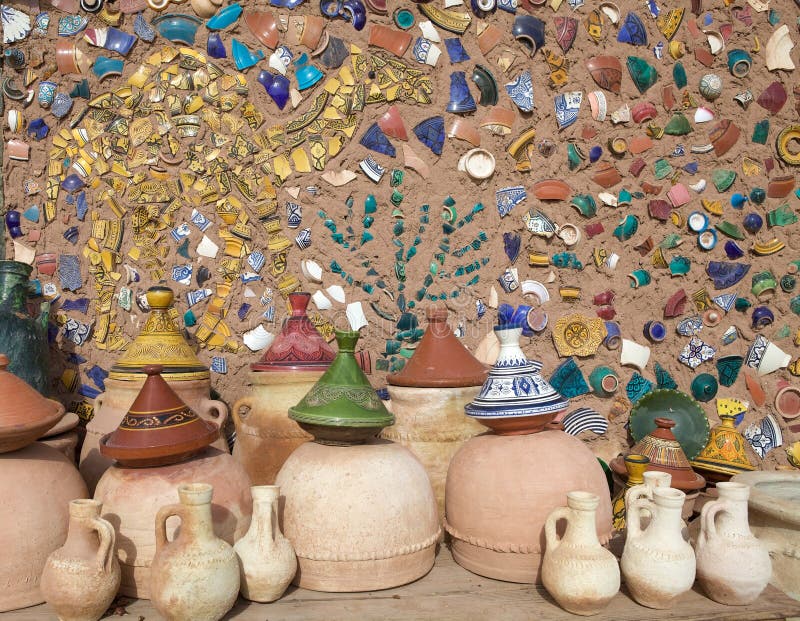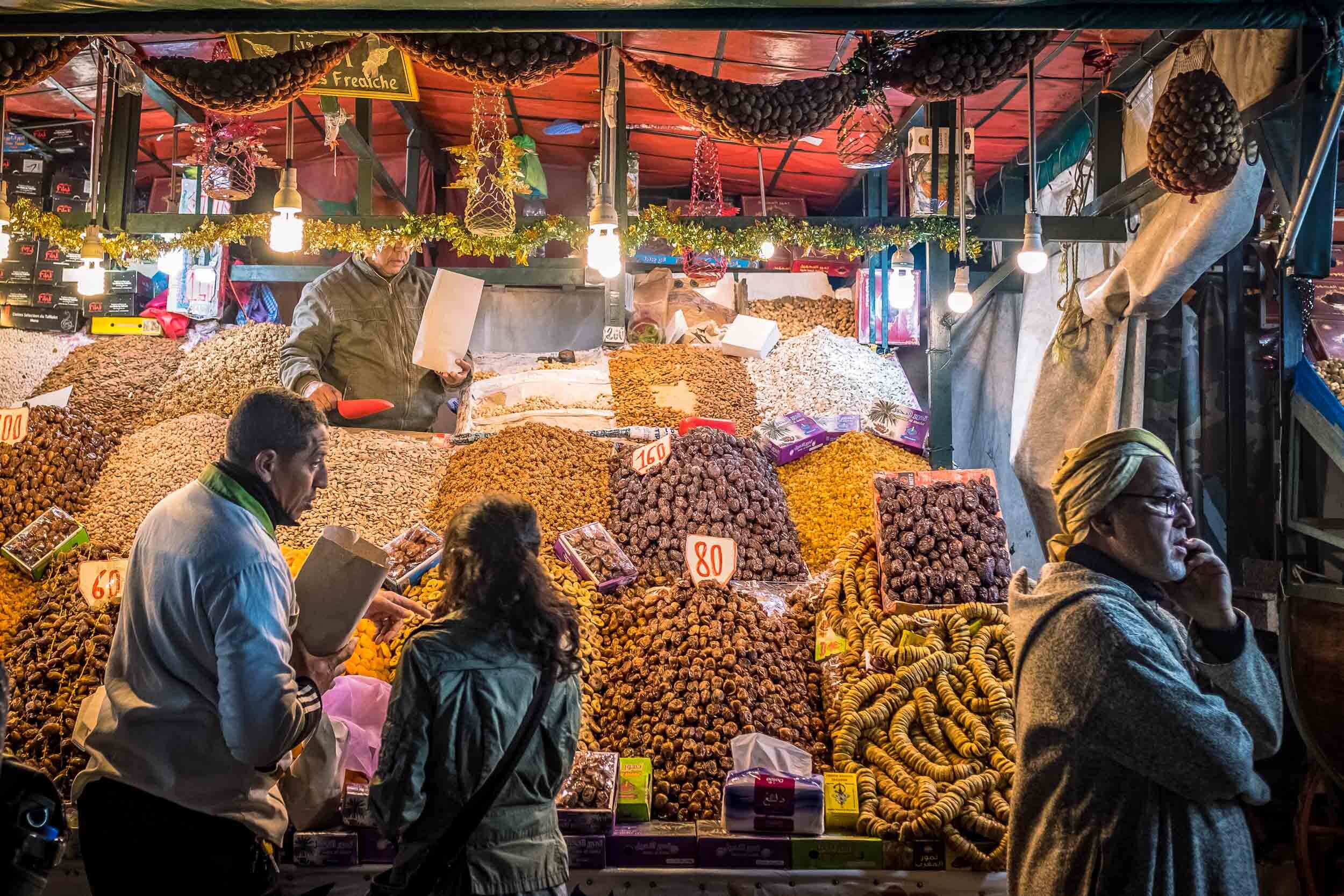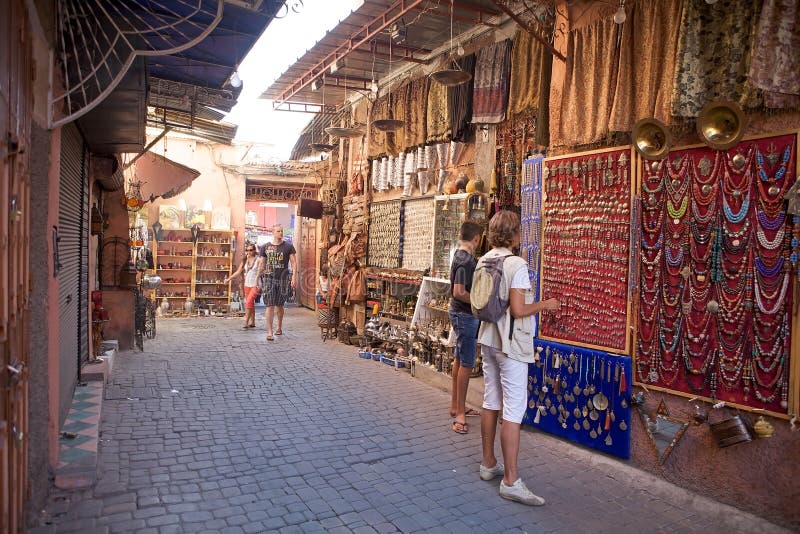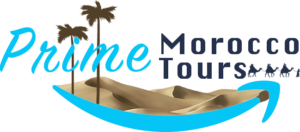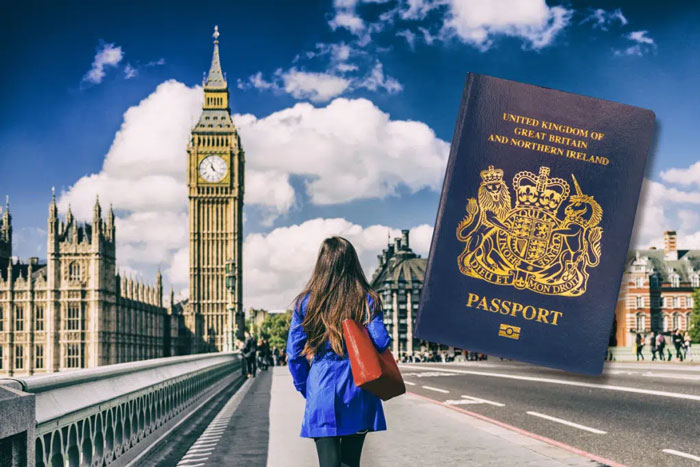
Top Reasons Morocco Is the Perfect Holiday Destination for British Travelers (UK)
Top Reasons Morocco Is the Perfect Holiday Destination for British Travelers (UK)
When British travelers think of a getaway that combines sunshine, culture, and adventure, Morocco increasingly tops the list. Just a few hours’ flight from the UK, this North African gem offers a vibrant escape from the often gray skies of Britain, inviting visitors to immerse themselves in colorful souks, ancient medinas, and breathtaking desert landscapes. From the bustling streets of Marrakech to the serene sands of the Sahara, Morocco’s unique charm appeals to every type of traveler seeking something beyond the ordinary.
One of the main reasons Morocco has become a preferred holiday destination for British travelers is its strategic proximity. Flights from London, Manchester, or Bristol can land in Marrakech, Casablanca, or Agadir in just over three hours, making it ideal for both long weekends and longer adventures. This short travel time allows visitors to maximize their holiday experience without the fatigue of long-haul journeys. Coupled with a growing number of direct flights and competitive airfare, Morocco is now more accessible than ever, giving British travelers the perfect balance of convenience and excitement.
Warm Climate All Year Round
Another compelling reason Morocco stands out as a top choice for British travelers is its consistently warm and sunny climate. While the UK often experiences gray skies and chilly weather, Morocco offers a welcoming escape with temperatures that feel like a permanent invitation to explore. Cities like Marrakech and Agadir boast long, sunny days even during the winter months, making them perfect for those seeking a winter sun holiday. Meanwhile, the Sahara Desert presents a unique opportunity to experience crisp, clear nights under a canopy of stars, a stark but enchanting contrast to the British winter.
This favorable climate means that whether travelers are seeking a beach retreat, a city break, or a desert adventure, Morocco delivers at almost any time of the year. The combination of sunshine, comfortable temperatures, and diverse landscapes ensures that British visitors can enjoy outdoor activities, sightseeing, and cultural experiences without weather-related interruptions. It’s this reliable warmth and brightness that has cemented Morocco’s reputation as a go-to holiday destination for those looking to escape the gray of home.
Rich Cultural Heritage and History
Morocco’s allure for British travelers goes far beyond its climate and accessibility. The country is a living tapestry of history, where centuries-old traditions coexist with vibrant modern life. Every city, town, and village offers a glimpse into Morocco’s rich cultural heritage, from the winding alleys of Fes’ ancient medina to the majestic palaces of Marrakech. British visitors are drawn to the colorful souks, where artisans craft intricate carpets, ceramics, and leather goods, offering an authentic shopping experience unlike anywhere in Europe.
History lovers find themselves captivated by the UNESCO World Heritage sites scattered across the country. Ait Ben Haddou, the fortified village famous for its cinematic appearances, and the blue-hued streets of Chefchaouen, with their serene, almost magical atmosphere, are only a few of Morocco’s treasures. Beyond architecture and art, Moroccan culture is expressed in its music, festivals, and cuisine, creating a multi-sensory experience that leaves British travelers enchanted. This deep cultural richness, combined with the warmth of Moroccan hospitality, ensures that a holiday here is far more than just a break—it’s an immersive journey through a land where every corner tells a story.
Affordable Travel Experience
One of the most appealing aspects of Morocco for British travelers is the exceptional value it offers. Compared to many European destinations, Morocco provides a rich holiday experience at a fraction of the cost. Visitors can enjoy luxurious riads tucked within historic medinas, savor authentic Moroccan cuisine in vibrant street markets, and explore cultural landmarks without the high prices often associated with other tourist hotspots.
From budget-friendly options to upscale accommodations, Morocco caters to every type of traveler. Even dining experiences can be surprisingly affordable; a traditional tagine or couscous meal, paired with refreshing mint tea, offers both authenticity and excellent value. Shopping for handmade crafts in the bustling souks allows visitors to take home unique souvenirs while supporting local artisans. For British travelers seeking a destination that blends adventure, culture, and comfort without breaking the bank, Morocco’s affordability makes it an irresistible choice.
Diverse Destinations for Every Traveler
Morocco’s charm lies not only in its culture and affordability but also in the incredible diversity of experiences it offers. Each destination presents a distinct atmosphere, catering to the varied interests of British travelers.
The Red City of Marrakech
Marrakech is perhaps the country’s most famous city, renowned for its vibrant souks, ornate palaces, and lush gardens. Here, visitors can immerse themselves in Moroccan life, exploring bustling markets by day and enjoying atmospheric riads by night.
The oldest City in the World Fes
Fes offers a contrasting experience with its labyrinthine medina, centuries-old tanneries, and rich artisanal traditions. History enthusiasts are drawn to the city’s heritage, where every corner tells a story of Morocco’s storied past.
The oldest City in the World Fes
Fes offers a contrasting experience with its labyrinthine medina, centuries-old tanneries, and rich artisanal traditions. History enthusiasts are drawn to the city’s heritage, where every corner tells a story of Morocco’s storied past.
Coastal Cities
For those seeking coastal relaxation, Agadir and Essaouira provide sun-drenched beaches and refreshing sea breezes. These towns are ideal for lounging, swimming, or enjoying watersports while soaking in Morocco’s maritime charm.
Morocco Sahara Desert
No visit to Morocco is complete without experiencing the Sahara Desert, a place of ethereal beauty and adventure. Travelers can ride camels across golden dunes, spend nights in luxury desert camps, and marvel at starlit skies far from city lights.
The Blue City of Chefchaouen
Chefchaouen, the iconic “Blue City,” offers a serene retreat for those who appreciate scenic charm, slow-paced exploration, and photography opportunities. Its blue-painted streets and tranquil atmosphere make it a favorite among travelers seeking peace and inspiration.
Start planning your Moroccan adventure today!
Explore tailored itineraries, guided tours, and unforgettable experiences designed specifically for British travelers. Book now and discover firsthand why Morocco continues to be the preferred holiday destination for British travelers, a place where every moment is an opportunity for discovery, adventure, and lasting memories.
Adventure and Outdoor Activities
Morocco is a playground for travelers seeking both excitement and cultural immersion, offering a wide range of adventures that cater to every type of explorer.
Sahara Desert Adventures are at the top of many British travelers’ itineraries. Camel treks across rolling golden dunes provide a quintessential desert experience, while nights spent in luxury desert camps under a sky full of stars offer a sense of serenity and wonder that is truly unmatched.
Atlas Mountains Exploration draws hikers and nature lovers to rugged trails, hidden valleys, and traditional Berber villages. Trekking here rewards visitors with breathtaking panoramic views and an authentic glimpse into rural Moroccan life.
Coastal Activities along the shores of Essaouira and Agadir bring a refreshing change of pace. Surfing, kiteboarding, and sailing are popular options, allowing travelers to combine relaxation with the thrill of the waves.
City-Based Experiences also offer their own form of adventure. Hot-air balloon rides near Marrakech provide an extraordinary perspective of the red city and surrounding landscapes, while guided tours through medinas and ancient sites let travelers navigate the labyrinthine streets with a sense of discovery.
From desert expeditions to mountain treks and coastal fun, Morocco ensures that every British traveler can find the perfect adventure to suit their interests, making the country not only culturally rich but also endlessly exciting.
Vibrant Moroccan Cuisine
One of Morocco’s most irresistible appeals for British travelers lies in its cuisine. Every meal is an invitation to explore the country’s rich cultural heritage through flavor. Traditional dishes such as tagine, couscous, and pastilla showcase a harmonious blend of spices, meats, and vegetables, while sweet treats like pastries and mint tea offer a comforting, indulgent finish.
Beyond the food itself, Moroccan dining is an experience in its own right. Vibrant markets and street stalls provide a lively atmosphere for sampling local specialties, while elegant riads and restaurants offer a more refined setting. Many British travelers also enjoy hands-on culinary experiences, such as cooking classes or guided food tours, which provide deeper insight into Moroccan traditions and techniques.
From casual street bites to exquisite feasts, the country’s diverse gastronomy not only satisfies the palate but also enriches the travel experience. For British visitors, savoring Morocco’s food is an essential part of discovering the culture, making each meal a memorable highlight of their holiday.
Safe and Welcoming Environment
Morocco’s reputation as a safe and welcoming destination is another reason British travelers feel at ease visiting. The country is known for its warm hospitality, with locals eager to share their culture and traditions with visitors. In major tourist areas such as Marrakech, Fes, and Agadir, well-developed infrastructure and attentive service ensure that travelers can explore comfortably and confidently.
Tourist-friendly accommodations, guided tours, and English-speaking staff make navigating cities and attractions straightforward, even for first-time visitors. Street markets and medinas, while bustling and vibrant, are generally safe when approached with common sense, and travelers often find that the Moroccan people themselves are among the country’s greatest charms.
This sense of security, coupled with Morocco’s open and friendly atmosphere, allows British travelers to fully immerse themselves in the experiences the country offers—whether wandering ancient alleyways, trekking across the Atlas Mountains, or enjoying a peaceful night in the desert. Feeling safe enhances every aspect of the journey, making Morocco not just a fascinating destination, but also a comfortable and reassuring one for international visitors.
Ease of Travel for British Citizens
Traveling to Morocco is remarkably straightforward for British visitors, which adds to its appeal as a holiday destination. Direct flights from major UK airports to cities such as Marrakech, Casablanca, and Agadir make getting there quick and convenient, with journey times of just around three hours. Entry procedures are simple, and UK citizens can often enjoy visa-free travel for short stays, allowing them to focus entirely on experiencing the country rather than navigating bureaucracy.
Once in Morocco, modern infrastructure makes exploring the country both comfortable and efficient. Well-maintained roads, a growing railway network, and reliable domestic flights connect major cities and tourist hubs, while guided tours offer an easy way to experience the more remote regions, including the Sahara Desert and Atlas Mountains. For British travelers, this combination of easy access and smooth internal transport ensures that every holiday can be as relaxed or as adventurous as desired, with minimal logistical stress.
Unique Shopping Experiences
Morocco offers British travelers a shopping experience unlike any other, blending tradition, artistry, and the thrill of the hunt. The country’s vibrant souks are a feast for the senses: colorful textiles, handwoven carpets, intricately painted ceramics, aromatic spices, and finely crafted leather goods fill the narrow streets, inviting visitors to explore and discover.
Shopping in Morocco is more than just purchasing souvenirs; it’s a cultural experience. Haggling in the markets is a time-honored tradition, offering a playful way to interact with local artisans while learning about the craftsmanship behind each product. For those seeking something truly unique, workshops and artisan studios provide the chance to see products being made by hand, from leather bags to pottery and jewelry.
For British travelers, taking home a piece of Morocco means carrying with them a memory of the country’s rich heritage and creative spirit. Whether wandering the medinas of Marrakech, Fes, or Essaouira, the shopping experience adds an extra layer of adventure and discovery, making Morocco an unforgettable destination for culture lovers and souvenir hunters alike.
Sustainable and Responsible Tourism
In recent years, Morocco has made significant strides in promoting sustainable and responsible tourism, a factor increasingly appreciated by British travelers. The country is embracing eco-friendly practices, from desert lodges that use solar energy to initiatives that preserve water and reduce waste, allowing visitors to enjoy their holiday while minimizing environmental impact.
Cultural preservation is another key focus. Local communities are involved in protecting traditional crafts, architecture, and practices, ensuring that tourism benefits both visitors and residents. Participating in these initiatives—whether by visiting cooperative artisan workshops, staying in eco-conscious accommodations, or supporting local guides—offers British travelers a deeper and more meaningful connection with Morocco.
This commitment to sustainability and authenticity enhances the overall travel experience, allowing visitors to feel good about their choices while exploring the country’s rich landscapes, vibrant cities, and cultural treasures. For environmentally and socially conscious travelers, Morocco’s responsible tourism efforts make it a thoughtful and appealing holiday destination.
Start planning your Moroccan adventure today!
Explore tailored itineraries, guided tours, and unforgettable experiences designed specifically for British travelers. Book now and discover firsthand why Morocco continues to be the preferred holiday destination for British travelers, a place where every moment is an opportunity for discovery, adventure, and lasting memories.
Testimonials and Reviews from British Visitors
Visiting Morocco was an unforgettable experience! From the bustling streets of Marrakech to the serenity of the Sahara Desert, every moment was magical. The local people were incredibly welcoming, and the food was out of this world. I can’t recommend it enough for anyone looking for culture, adventure, and sunshine in one trip.
Morocco exceeded all my expectations! Exploring the blue streets of Chefchaouen and wandering the ancient medina of Fes felt like stepping back in time. The accommodations were beautiful, and the tours were perfectly organized. Truly a holiday I’ll remember forever
Morocco is the perfect holiday destination for British travelers! Short flights, warm weather, and endless experiences from beaches to mountains to deserts. Marrakech’s souks are vibrant and exciting, and the hospitality of the locals makes every visitor feel at home.
A holiday full of diversity and adventure! We explored Agadir’s beaches, the Atlas Mountains, and the Sahara Desert, all in one trip. The mix of culture, stunning landscapes, and friendly locals made Morocco an incredible destination. Highly recommended for anyone looking for a memorable holiday!
I never thought I’d fall in love with a country so quickly! The Sahara Desert trek was surreal—sleeping under the stars and riding camels across the dunes was a highlight of my life. Moroccan cuisine was another delight; every meal was full of flavor and authenticity. Can’t wait to go back!
Conclusion
Morocco’s unique combination of rich culture, diverse landscapes, warm climate, and welcoming atmosphere makes it an unbeatable choice for British travelers. From the bustling medinas of Marrakech and Fes to the serene beaches of Agadir and the awe-inspiring Sahara Desert, the country offers experiences that cater to every type of traveler. Add to this affordable travel options, vibrant cuisine, adventure opportunities, and easy access from the UK, and it becomes clear why Morocco is increasingly recognized as the ultimate holiday destination for British travelers.
Whether seeking culture, relaxation, adventure, or simply a break from the routine, a trip to Morocco promises memories that will last a lifetime. Every visit is an immersive journey into a land where history, hospitality, and natural beauty blend seamlessly.
